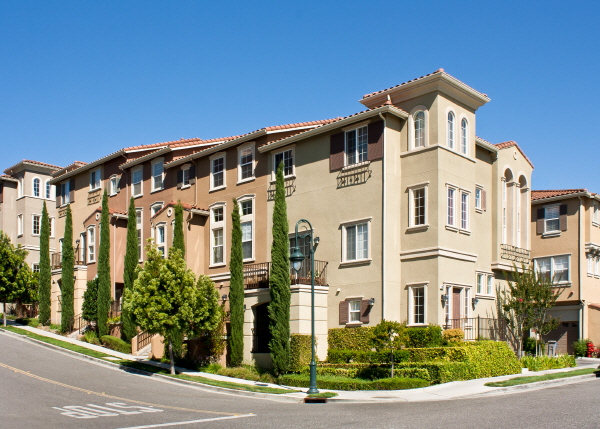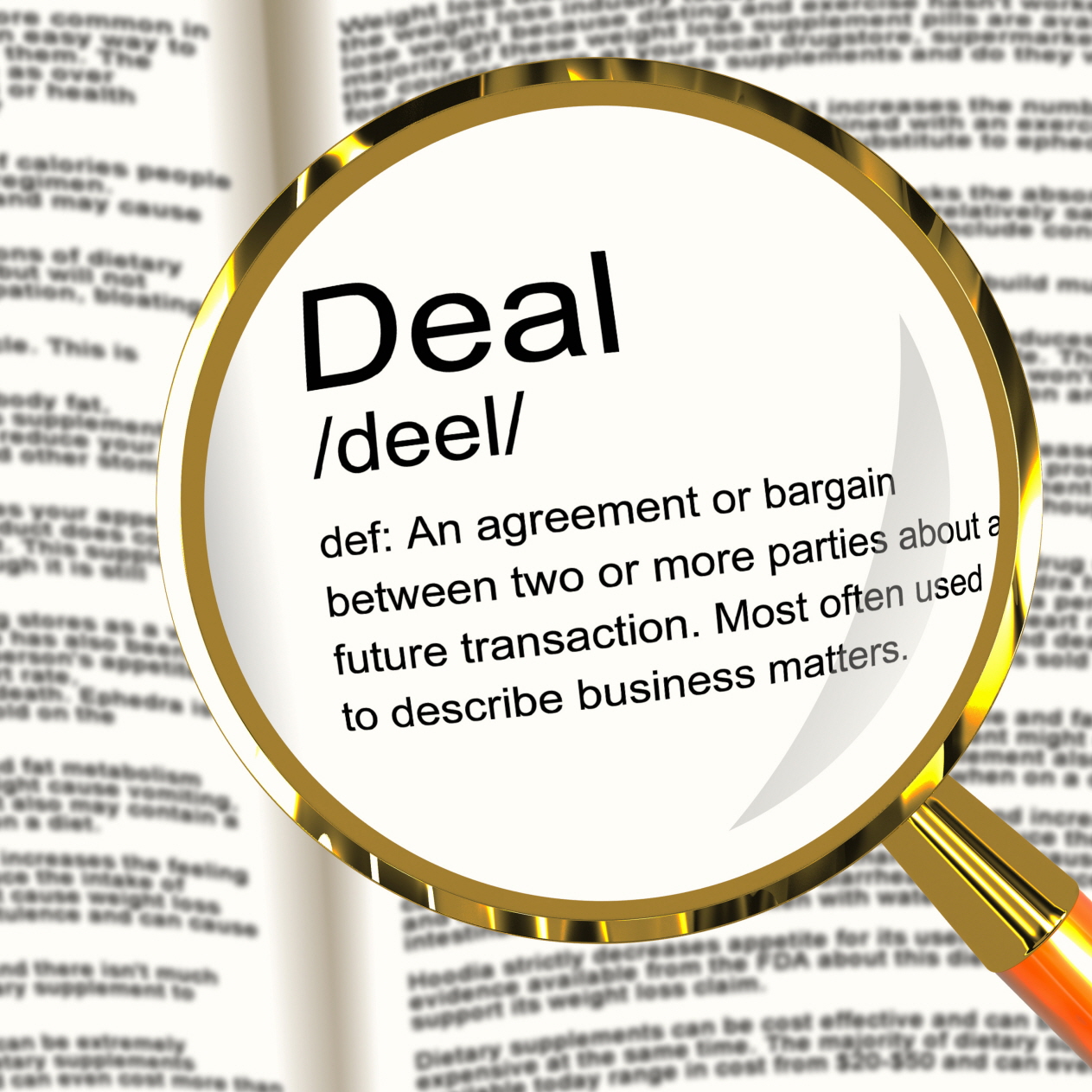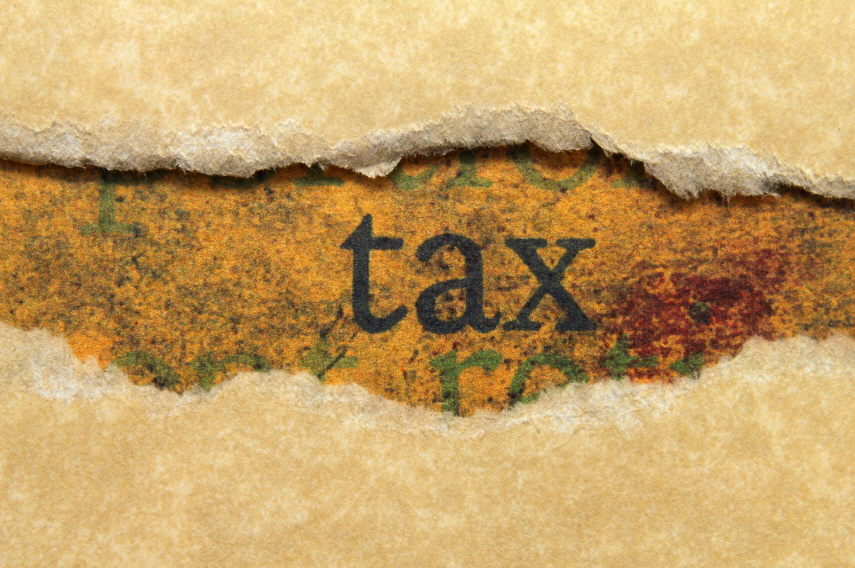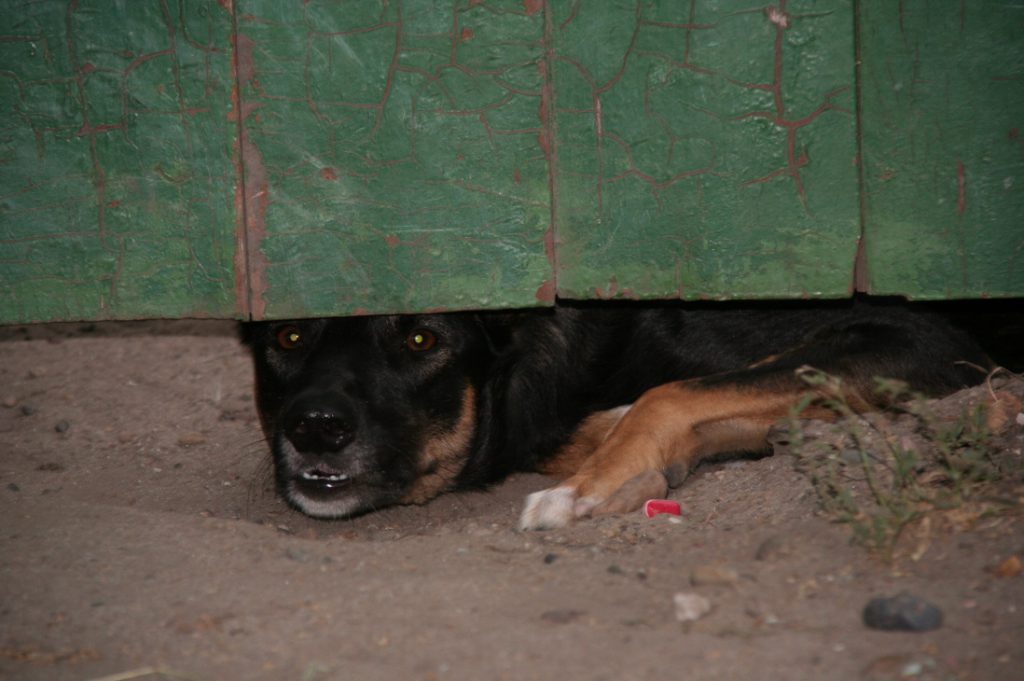
In many parts of the U.S., winter has arrived. Are you and your tenants prepared?
As cold weather sets in, it’s time to winterize your rental properties. This article discusses five ways to keep things running smoothly, avoid expensive surprises, and keep your renters happy.
Roofs, windows, and electrical and plumbing systems are all vulnerable to the ravages of freezing temperatures. When it comes to winterizing, an ounce of prevention is worth a pound of expensive sub-zero repairs.
In addition, the holiday season presents an opportunity for landlords to thank their renters with small gifts. Let’s get started.
1. Keep Your Tenants Safe
The holiday season means Christmas trees, and they can be an accident waiting to happen. A safety reminder to your renters—in the form of a holiday notice—could help avoid an expensive and dangerous catastrophe. The National Fire Protection Association says that one-quarter of the 210 Christmas tree fires that occur each year are caused by the presence of a flame or other heat source, and 35% are caused by electrical equipment.
Install GFCI Outlets or Breakers
Even if you’re not required to have a GFCI outlet in the living room, it’s prudent to install at least one and encourage tenants to plug the Christmas tree lights into that outlet.
The outlet trips when a short occurs, which greatly reduces the chances of a fire from electrical arcing. As an alternative, replace the living room breaker with a GFCI breaker. That way, all the outlets on the circuit are protected.
If your renters plan to hang outdoor lights, make sure they have an outdoor GFCI outlet. Also, it doesn’t hurt to advise your renters in the holiday notice to use new—or at least undamaged—cords and light strings. If you opt for a GFCI breaker for the living room circuit, you might as well install one for the outdoor circuit(s) as well.
Don’t Forget the Smoke Alarms
The NFPA recommends that you replace smoke alarms every 10 years, and the fire marshals in many states, including California, require it. Check the installation dates on the smoke alarms in all your rentals, and replace the ones that have expired.
2. Keep the Gutters Clean
Debris on the roof slides into the gutters and eventually clogs them. As snow melts during the day, it can back up onto the roof and form pools that refreeze at night to form ice dams. Nothing is worse for the roof, which can leak or sag as a result. Prevent this kind of damage by blowing off the roof and cleaning out the gutters before the cold weather sets in and the snow starts.
While your maintenance crew is on the roof, they should also look for and remove overhanging branches. Limbs routinely break during ice storms, and if they don’t cause damage immediately, they can contribute to ice dam formation.
3. Prepare for Frozen Pipes
Exposed water pipes can easily freeze in the winter, and when the weather warms up, you may need an expensive emergency plumbing call to stop the resulting leak. The pipes inside the walls are usually safe, but any pipes that run through crawl spaces and attics are vulnerable.
Insulate outdoor pipes before the cold weather comes.
It’s common to overlook pipes that may be part of a sprinkler system or network of outdoor faucets. The best way to prevent an outdoor burst is to shut off the water to the outdoor system and drain all the faucets. Even if you do that, some water may remain in risers and exposed horizontal runs. Insulate those runs as well.
Clean the Vent Stack
While your maintenance crew is cleaning the roof, have them clean out the sewer vent stack. It may be a nasty job, but if debris is partially blocking this vital component of the plumbing system, ice can destroy it. Then the toilets and sinks won’t drain properly.
4. Ensure the Heat is Working
When temperatures drop, it’s the landlord’s responsibility to ensure that everyone stays warm. In some places, such as Massachusetts or the City of San Francisco, the furnace must be able to maintain a minimum temperature of 68 degrees Fahrenheit. Even if there is no specific temperature requirement, though, the heater—whether it’s a furnace or wood stove—must be maintained in good working order.
A Short Checklist
You should inspect and maintain the furnace and fireplace yearly. Here are three important things to do:
- Check the thermostat—Start by replacing the batteries, then turn on the heat and wait for the blower to come on. Make sure the air coming from the blowers is hot.
- Replace filters—Air return filters aren’t expensive, and you should change them on a yearly basis. This not only guarantees efficient heating, it prolongs the life of the furnace.
- Inspect and clean the chimney—If your rental unit has a fireplace or wood stove, you need to regularly remove creosote from the chimney and chimney cap to ensure proper updraft. Besides improving performance, cleaning also reduces the possibility of spark emission from the chimney.
5. Spread Some Holiday Cheer
Lawyers and shopkeepers understand the value of keeping their clients and customers happy with gifts during the holiday season, and so should you. Foster good relations with your renters (at least the ones you want to keep) with a small gift. The good feelings can last throughout the year. For example, if you’re firmly in the black and feeling generous, consider a modest end-of-year rent reduction. It’s a gift that any renter appreciates.
In summary, it’s easy to keep your renters safe, dry, and warm inside and out, and the rewards are well worth the small output of effort.
Credit to Chris Deziel
Chris has owned and managed 4 rental properties in Santa Cruz, CA, and Salida, CO. He is a DIY handyman expert for popular sites like Pro Referral.






